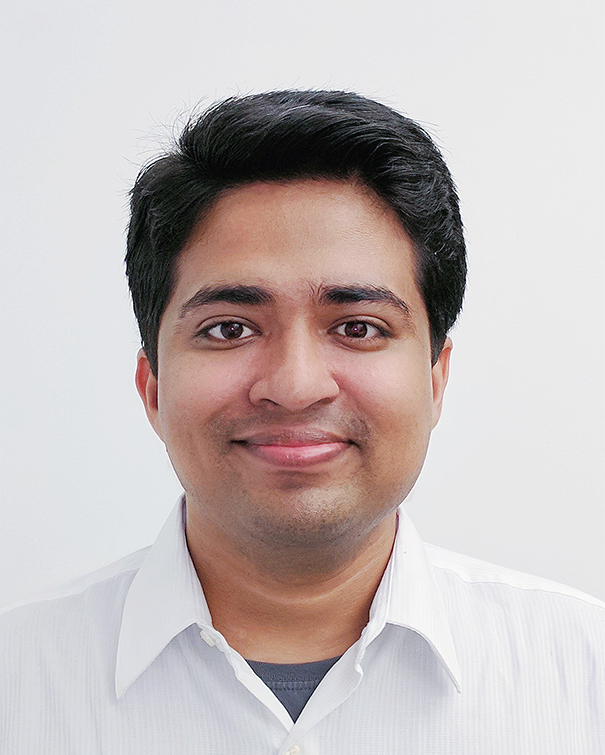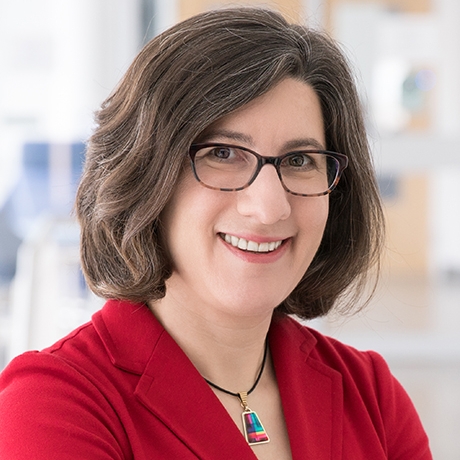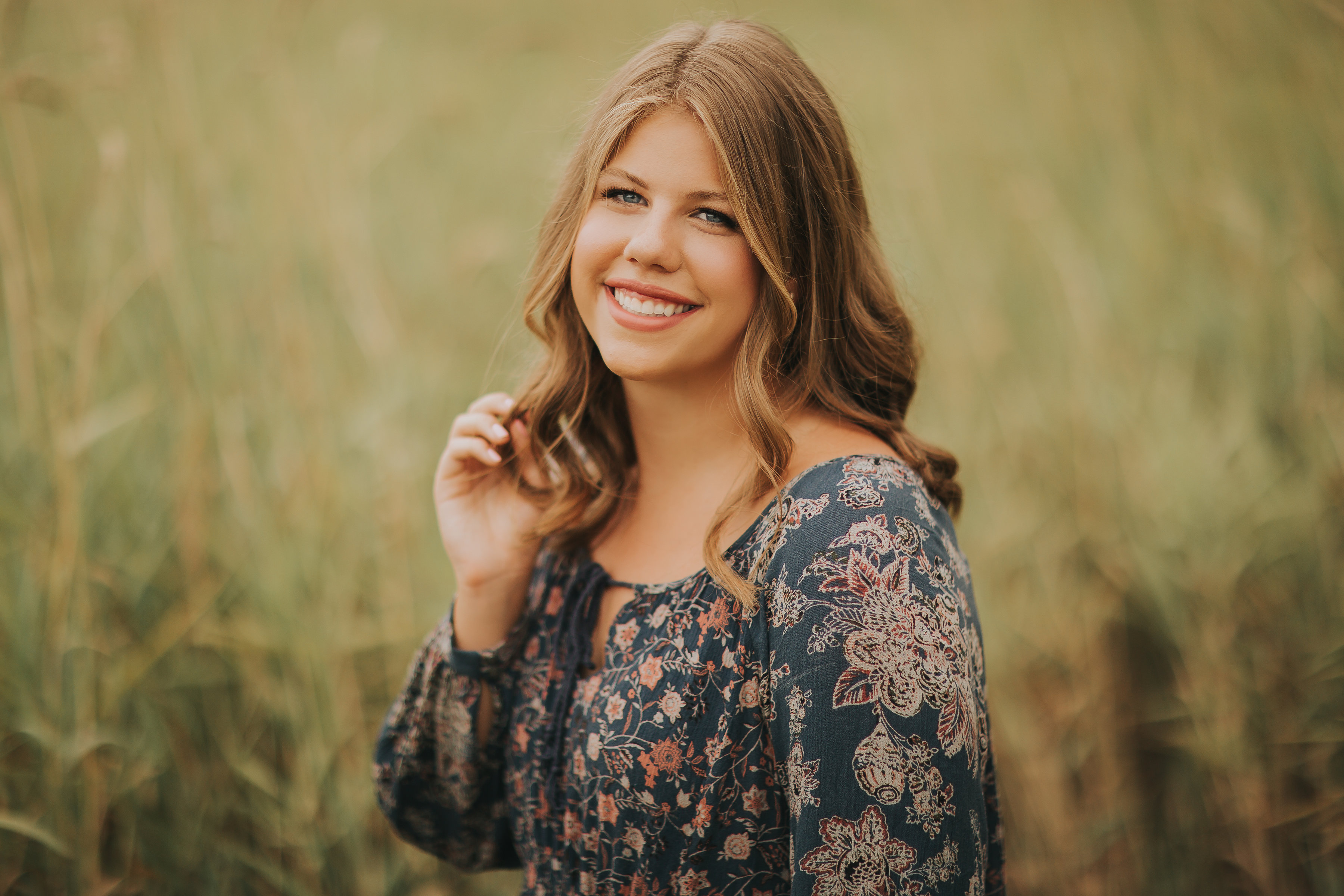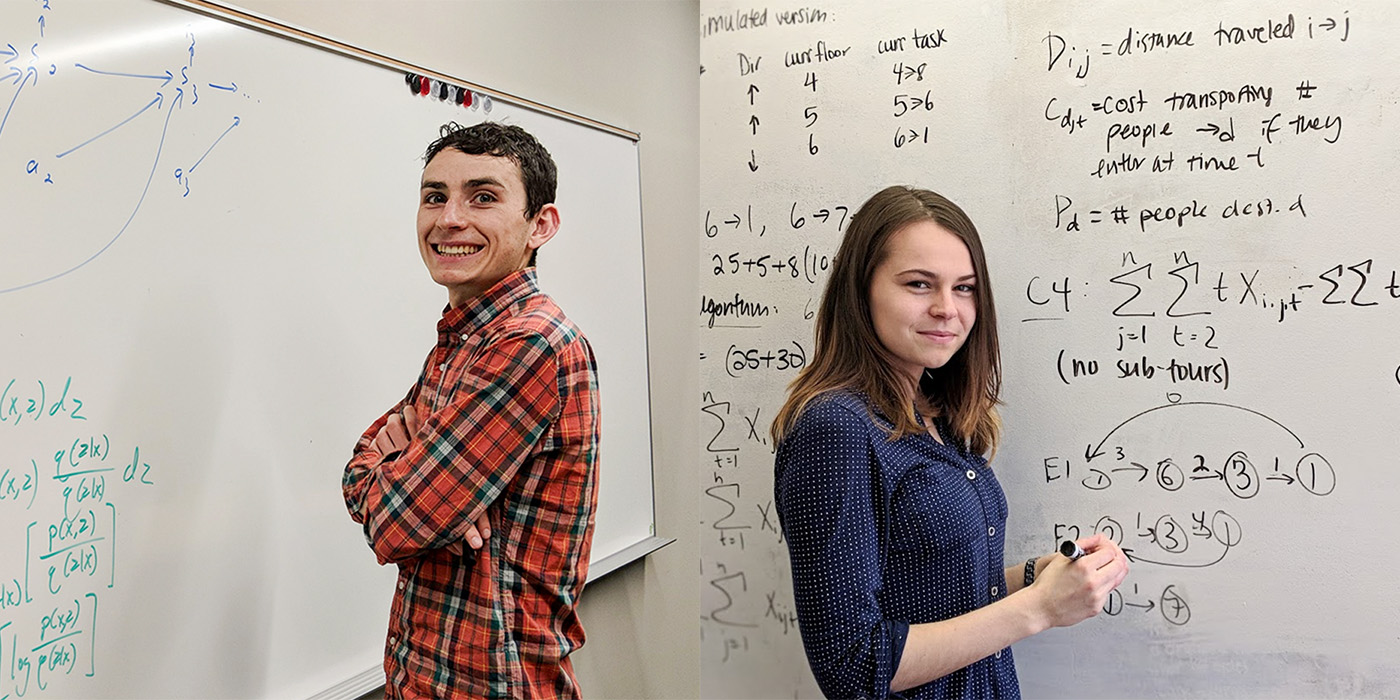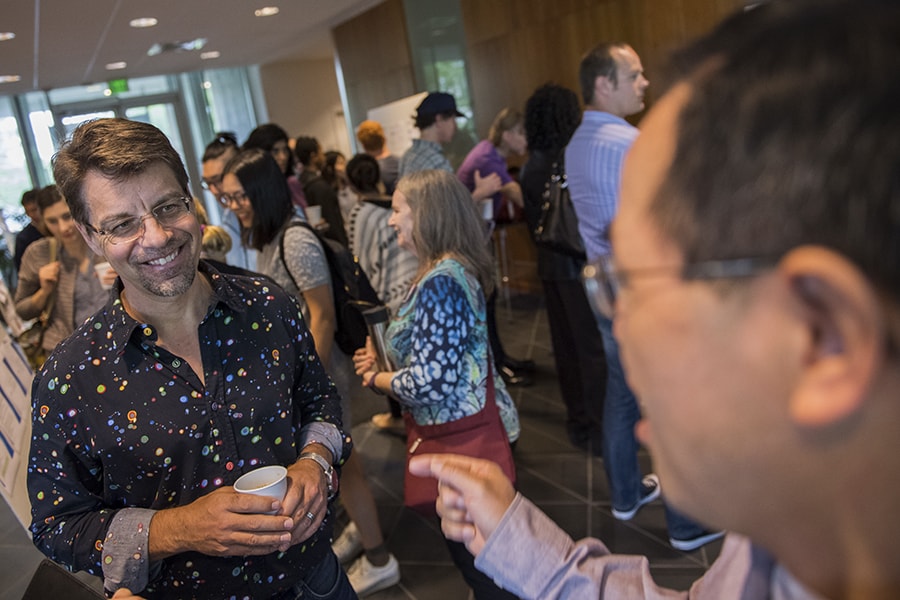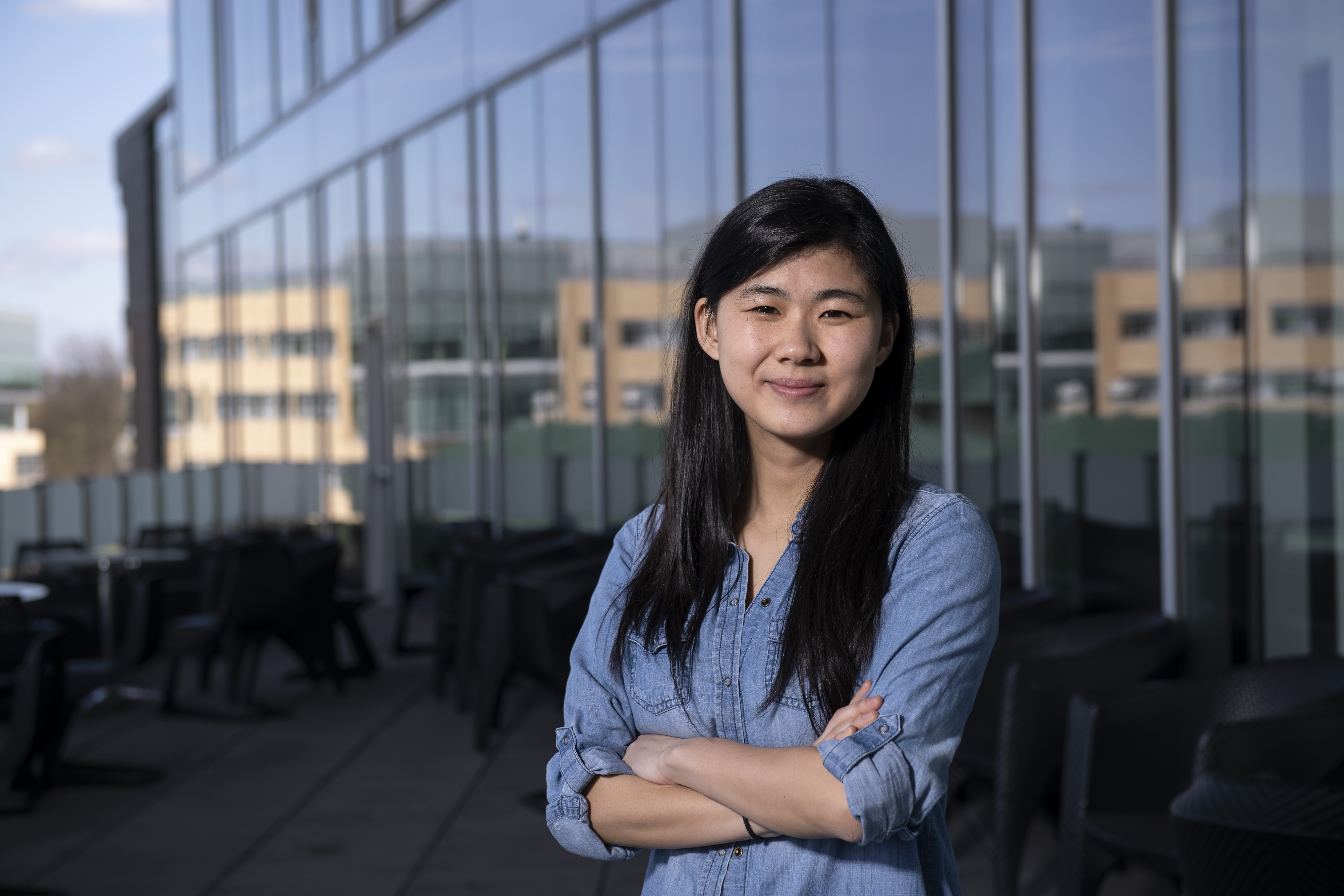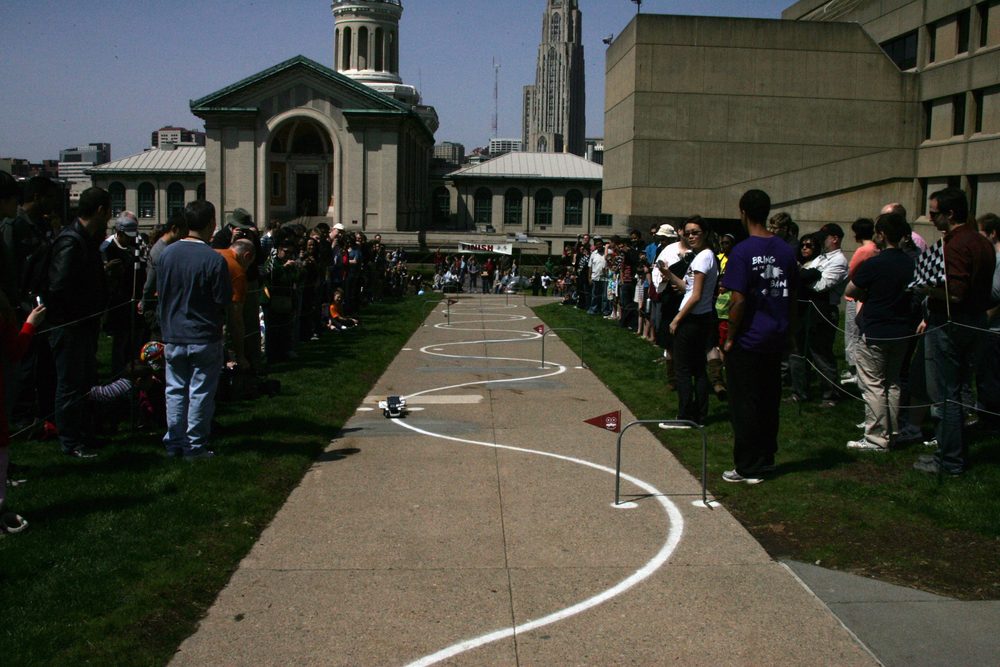Arulraj Receives SIGMOD Dissertation Award
Joy Arulraj, a Computer Science Department alumnus who earned his Ph.D. in 2018, is the recipient of the Jim Gray Doctoral Dissertation Award of 2019, which recognizes the best dissertation in the field of databases for the previous year. It is presented by the Association for Computing Machinery’s Special Interest Group on the Management of Data (SIGMOD). Arulraj is an assistant professor of computer science at Georgia Institute of Technology. His doctoral research focused on the design and implementation of non-volatile memory database management systems. This work was conducted in collaboration with the Intel Science and Technology Center for Big Data, Microsoft Research, and Samsung Research. His findings have been published in a book, Non-Volatile Memory Database Management Systems, co-authored by his advisor, Andy Pavlo, assistant professor of computer science.

